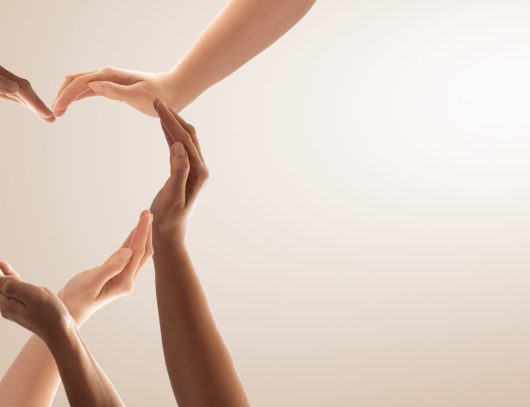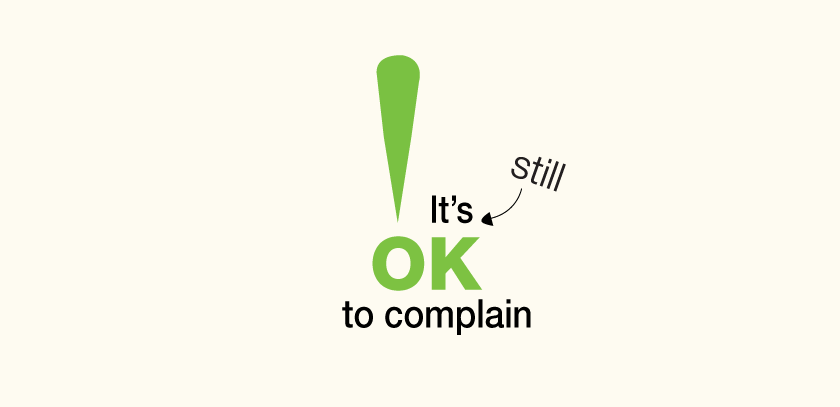
Social Role Valorization (SRV) is an approach that focuses on enhancing the social roles and valued status of individuals with disabilities within society. It aims to improve their quality of life and promote their inclusion and participation.
In simple terms, SRV means recognizing the abilities and strengths of people with disabilities and giving them opportunities to be a part of their communities in meaningful ways. It involves valuing and supporting them to take on roles that are respected and valued by society, such as being a student, an employee, a friend, or a community member.
When discussing Social Role Valorization (SRV), it’s important to mention Wolf Wolfensberger, as he was the influential figure who developed this concept. Wolf Wolfensberger (1934-2011) was a prominent psychologist and disability rights advocate who dedicated his career to improving the lives of people with disabilities.
SRV, as conceptualized by Wolfensberger, emphasizes the value of social roles for individuals with disabilities. He advocated for supporting people to acquire meaningful roles in society that are valued and respected by others. By taking on these roles, individuals with disabilities can experience increased social inclusion, recognition, and self-worth.
By helping individuals with disabilities to develop skills, find meaningful roles, and have positive social relationships, SRV aims to counteract the negative stereotypes and discrimination they may face. It encourages society to appreciate their unique contributions and treat them with dignity and respect.
Support workers trained in SRV allow for a collaborative approach between a person with disability, their family and support team to identify the skills, gifts, talents and interests of an individual to match with socially valued roles.
A practical example of SRV in action might involve someone who has a great memory and an eye for photography, what kind of socially valued roles could the team foster for this individual;
- Archivist: They can work as archivists, using their exceptional memory and attention to detail to organize and preserve historical photographs.
- Event Photographer: Individuals can work as event photographers, capturing memorable moments and documenting special occasions such as weddings, parties, conferences, or community events. Their ability to recall details and capture important moments can help create lasting memories for others.
- Photojournalist: They can work as photojournalists, using their photography skills to capture powerful images that tell stories and convey information. Their ability to remember important details and moments can help them document news events, social issues, or human interest stories.
- Memory Artist: Individuals can use their memory and photography skills to create unique and personalized artworks. They can specialize in creating photo collages, memory books, or visual narratives that evoke emotions and preserve special memories for individuals or families.
- Travel Photographer: They can pursue a career as a travel photographer, capturing stunning images of different locations, cultures, and landscapes. Their ability to remember details and capture the essence of a place through photography can inspire others to explore and appreciate the world.
- Portrait Photographer: Individuals can specialize in portrait photography, capturing the beauty and uniqueness of individuals through their photographs.
- Stock Photographer: Individuals can contribute their photographic skills to stock photography platforms, creating a diverse portfolio of images that can be licensed for various purposes such as advertisements, publications, or websites. Their great memory can help them curate a wide range of appealing and marketable photographs.
- Photography Blogger/Influencer: Individuals can create a photography blog or establish a social media presence as a photography influencer. They can share their knowledge, showcase their photographs, and provide insights and tips to inspire and educate others interested in photography.
This process can be further extrapolated by picking one area and again thinking of differing roles that are suited to the abilities and interests of the person being supported.
Overall, Social Role Valorization is about recognizing the potential and worth of individuals with disabilities and creating a society that values and supports their inclusion, allowing them to lead fulfilling lives as active and valued members of their communities.




